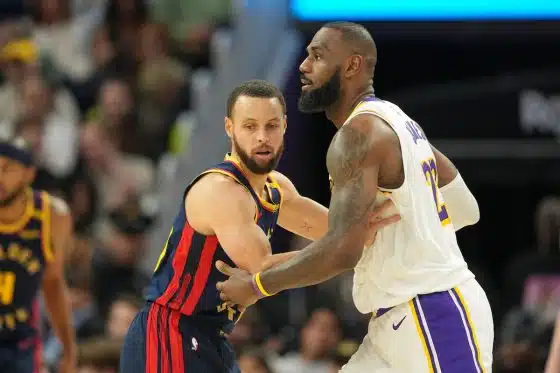NBA
NBA Loss Pressures Warner Bros. Discovery’s Ad Sales Strategy

Upfront Sales Cloaked in Uncertainty
Warner Bros. Discovery has completed its U.S. TV upfront negotiations but did not disclose how much advertising revenue it secured. This omission stands out. Competitors like NBCUniversal, Fox, Disney, Paramount, and TelevisaUnivision have all released data showing steady or increased ad commitments.
In a shareholder letter released Thursday, Warner Bros. Discovery stated it “enjoyed strong pricing and resilient demand for sports programming, and firm pricing for general entertainment.” Yet, it did not specify whether the total volume of deals was up or down compared to 2024. Historically, a lack of detail like this often signals a decline.
Impact of Losing NBA Broadcast Rights
One major factor influencing Warner’s situation is the loss of NBA rights — a relationship dating back to 1989. The absence of the league’s games from its networks, starting in late 2025, is projected to cost the company $1.1 billion in TV advertising by 2026. That’s about 23% of its current TV ad revenue, according to MoffettNathanson analyst Robert Fishman.
Meanwhile, NBCUniversal, which recently secured an 11-year NBA rights deal, reported record upfront sales. NBC said its NBA-related ad commitments grew 15%, and 25% of those advertisers were new to traditional TV. Other networks also benefited from upcoming major events, such as the Super Bowl, Winter Olympics, and FIFA World Cup.
Cautious Optimism from Warner Execs
On a call with investors, Warner CFO Gunnar Wiedenfels, who will soon lead a new spinoff of Warner’s TV assets, struck an optimistic tone. “We’ve seen prices up across all categories, and more so in sports than in general entertainment,” he said. “On the digital side, there is some price pressure, but we’ve maintained a very strong price premium for the quality of inventory that we’re delivering.”
A Strategic Crossroads
The end of Warner’s NBA deal could free up cash for investment in other content. But without marquee sports programming, the company loses a major selling point for advertisers. In its shareholder letter, Warner acknowledged this challenge plainly: “We will not have the NBA in the U.S. beginning in the fourth quarter, which will impact both advertising revenues and cost of revenues.”











